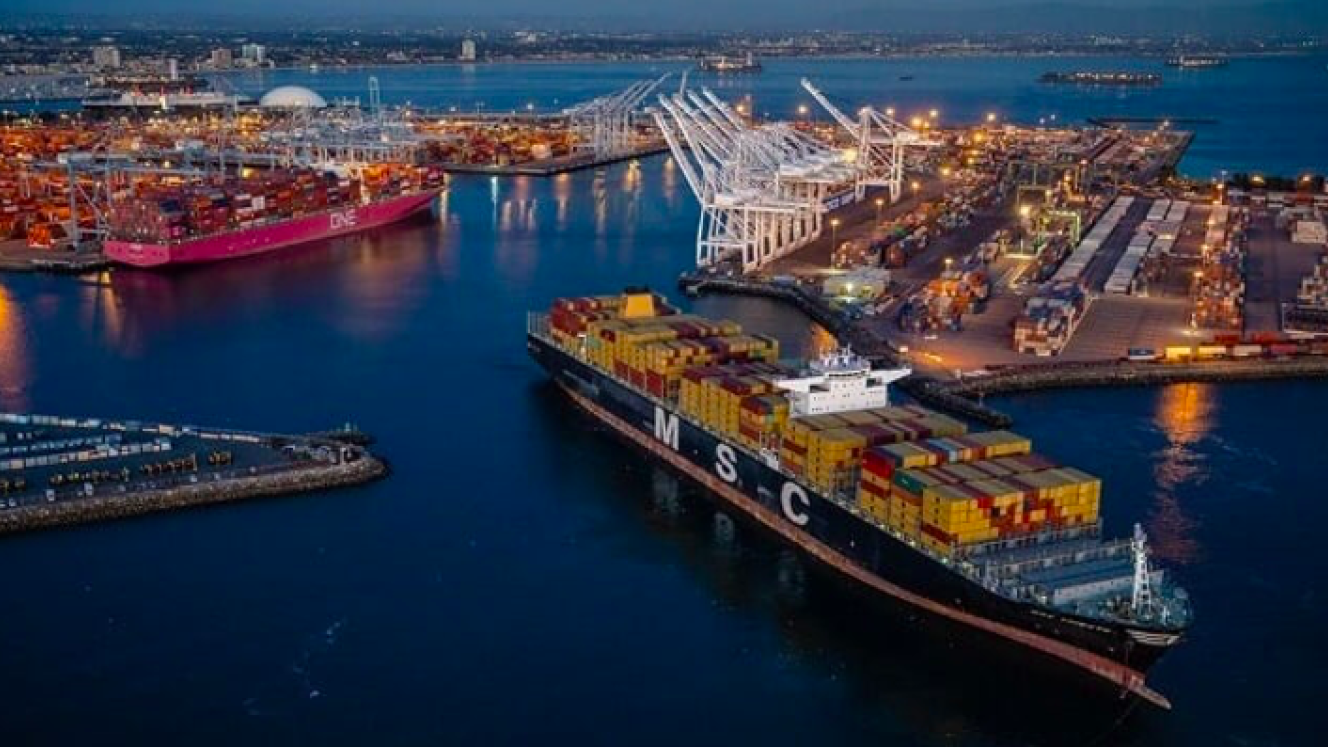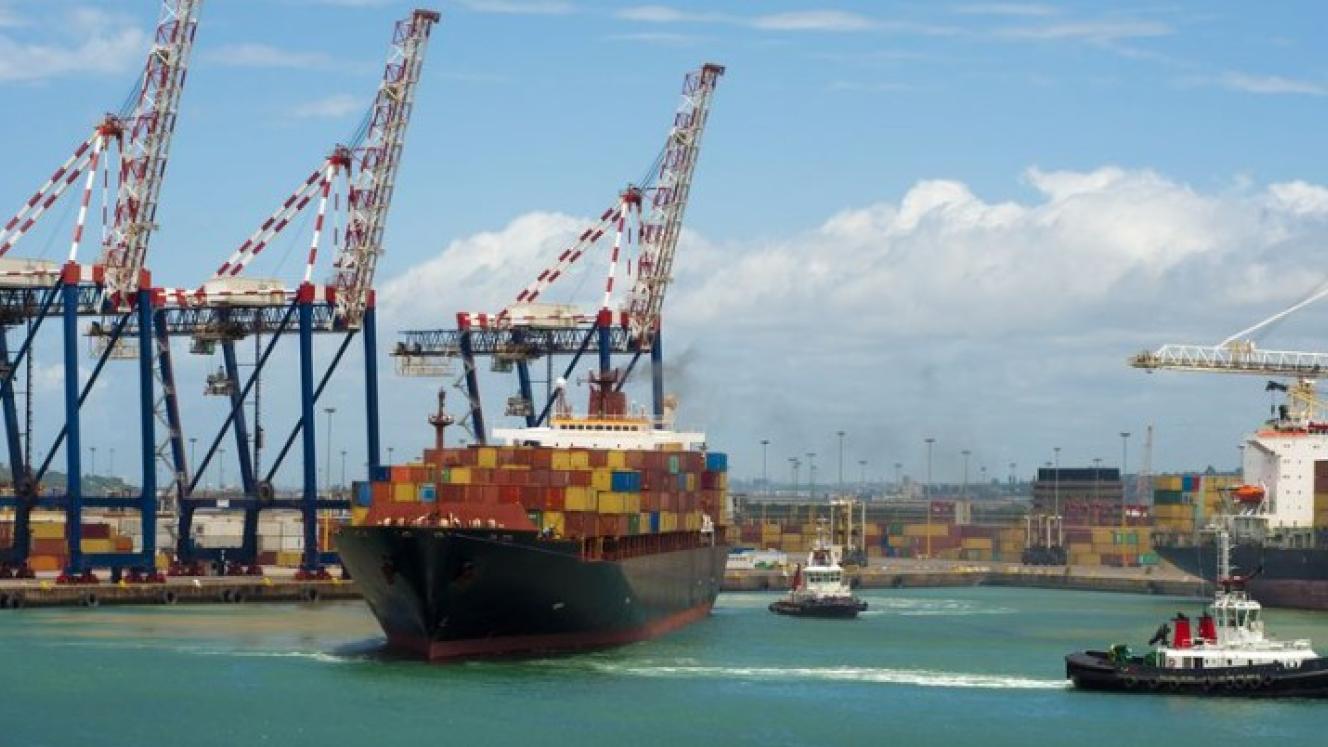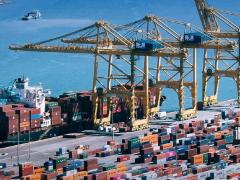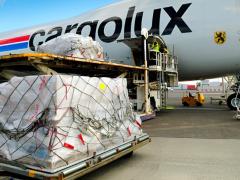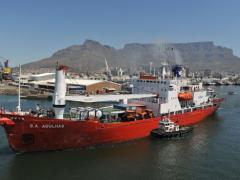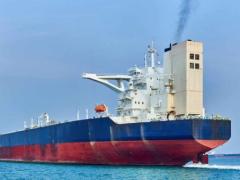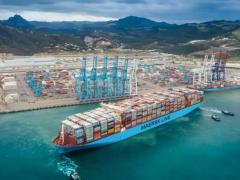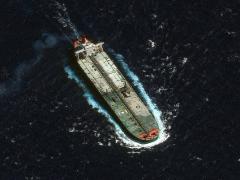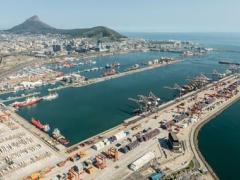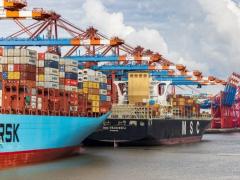Five major US container ports have agreed to work together to launch the California Port Data Partnership, in a first of its kind data-sharing technology system.
Initiated by the State of California, the partnership aims to jointly advance computerised and cloud-based data interoperability of the state’s five major container ports, to support improved freight system resilience, goods movement efficiency, emissions reduction, and economic competitiveness.
Maritime Executive reports that the California Legislature approved a $27-million grant as part of the Budget Act of 2022 for the development of a port data system, designed to improve the movement of freight across the state and to fortify supply chains.
The Port of Los Angeles and the Port of Long Beach, which move the largest portion of the state’s container volumes, the Port of Oakland, the Port of Hueneme and the Port of San Diego signed a Memorandum of Understanding for the launch of the California Port Data Partnership on April 26.
California Lieutenant Governor Eleni Kounalakis said the collaborative system would contribute to building a greener, more transparent, and more efficient supply chain, unlocking innovation in how cargo moves in California.
“The MoU is a first-of-its-kind agreement on data system development among containerised ports and outlines 11 areas of cooperation, ranging from developing data definitions to ensuring equitable access to data for users,” said Dee Myers, director of the Governor’s Office of Business and Economic Development (GO-BIZ).
“This MoU and the funds that follow will build the basis for greater cooperation and standardisation when it comes to data in our supply chain,” Myers said.
The initiative is part of the state's efforts to improve its supply chain and role in the flow of goods supply to the national economy.
California’s five ports and the state have held biweekly roundtable meetings to develop the framework for the agreement in recent months.
“Data was essential to navigating supply chain disruption,” said Port of Los Angeles executive director Gene Seroka.
“Analytics from that data allows us to see around corners, which is not just a competitive advantage, it’s now a public necessity,” Seroka said.
This comes as the global maritime industry works to reach its goal of digitalisation and data sharing in response to calls for better data sharing to improve the management of the world’s supply chains. A recent McKinsey report forecast that the universal adoption of digitalisation could boost global trade by between $30 and $40 billion a year.
